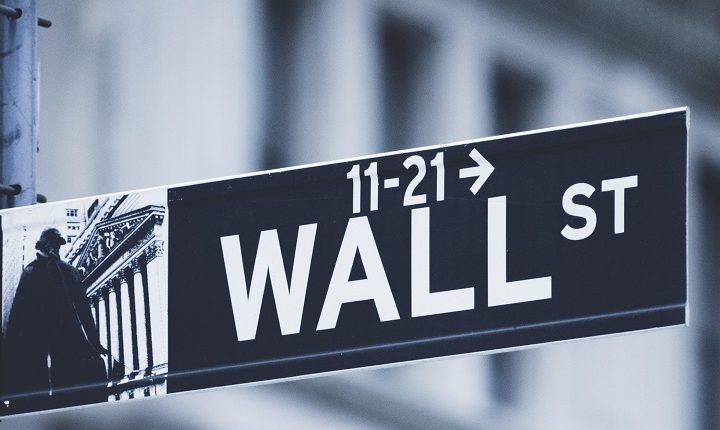Stock markets across the US again tumbled on Friday morning, as the number of COVID-19 cases across United States surpassed the number in China, showing no signs of slowing down. The US also recorded one of the highest number of cases in a single day.
The fall came a day after markets posted a splendid 3-day run, recovering massive losses incurred in the past few weeks. The recovery rode on the back of a $2 Trillion financial package that the senate and White house were able to agree upon to arrest sliding economy. The package made waves, largely due to a substantial increase in quantum from an earlier $800-$900 billion to $2 trillion.
After the opening on Friday, Dow Jones Industrial Average fell 3.73%, or 841.41 points to 21,710.76, the broader S&P 500 slid 3.18%, or 83.69, to 2,546.38, and Nasdaq Composite tumbled 2.87%, or 223.77, to 7,573.77. Dow slid further down, briefly falling by more than a 1000 points or 4.6%, before stabilizing a bit.
The US stock markets had witnessed an unprecedented slump in the past few weeks, owing to the relentless spread of the coronavirus, as more and more investors steered clear of risk assets. Even after the slump on Friday, the US stock markets are set for their best week in the last few years. Shares for major tech companies also fell by 2% to 3% at the opening.
Similar volatility was seen in Asian markets as well, with the BSE Sensex and Nifty 50 in India both swinging in both red and green. This, despite the central bank’s planned liquidity infusion worth more than $50 billion in the market. The RBI governor announced steep rate cuts, decided in a monetary policy meeting that was advanced in light of coronavirus impact on the economy. But all of it failed to arrest slide in the market. While Sensex opened over 1000 points in green in anticipation of RBI governor’s statement, it closed the day in red, down 133 points.
The economy, in general, has gone into a free-fall, across the world, with over 3.3 Million people enlisting for unemployment benefits in the US alone. In China, that number is estimated to be around 5 million. The number is unprecedented in US history. The US Senate will be voting on the $2 Trillion bailout package today.
The Tech Portal is published by Blue Box Media Private Limited. Our investors have no influence over our reporting. Read our full Ownership and Funding Disclosure →





